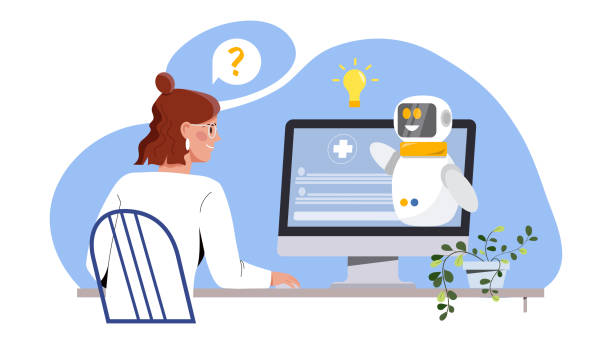Artificial intelligence (AI) is transforming healthcare at an incredible pace. From helping doctors detect diseases earlier to personalizing treatments and accelerating drug development, AI is reshaping the way we approach medicine in 2025.
AI in Medical Diagnosis
One of the most powerful applications of AI in healthcare is early and accurate diagnosis. Machine learning models can analyze medical images, lab results, and patient histories to detect conditions such as:
- Cancer at earlier stages with higher accuracy
- Cardiovascular diseases by analyzing heart rhythms and scans
- Neurological disorders like Alzheimer’s and Parkinson’s through pattern recognition
AI not only speeds up the diagnostic process but also reduces human error, giving doctors a stronger foundation for treatment decisions.
AI in Personalized Treatment
Every patient is unique, and AI helps deliver personalized medicine tailored to individual needs. Using patient data, genetic profiles, and real-time monitoring, AI systems can:
- Recommend custom treatment plans
- Predict how patients will respond to specific therapies
- Adjust medication dosages based on ongoing health data
This precision improves treatment outcomes while minimizing side effects.
AI in Drug Discovery
Traditional drug discovery is a time-consuming and costly process, often taking 10–15 years before a new drug reaches the market. AI is revolutionizing this by:
- Analyzing vast datasets to identify promising compounds
- Predicting how molecules will interact with the human body
- Shortening research timelines from years to months
- Reducing costs and risks in clinical trials
For example, during the COVID-19 pandemic, AI played a crucial role in identifying potential treatments in record time.
Benefits of AI in Healthcare
- Faster diagnosis with higher accuracy
- Lower healthcare costs by streamlining processes
- Better patient outcomes through personalized care
- Accelerated medical research for life-saving drugs
Challenges and Ethical Considerations
While AI brings immense promise, it also raises challenges such as:
- Data privacy concerns when handling sensitive patient information
- Algorithmic bias if training data lacks diversity
- Human oversight to ensure AI complements rather than replaces doctors
Healthcare systems must balance innovation with patient safety and ethical responsibility.
Final Thoughts
Artificial intelligence is no longer a futuristic idea—it’s already improving diagnosis, treatment, and drug discovery today. With continued innovation and responsible use, AI has the potential to make healthcare faster, smarter, and more accessible for everyone.

